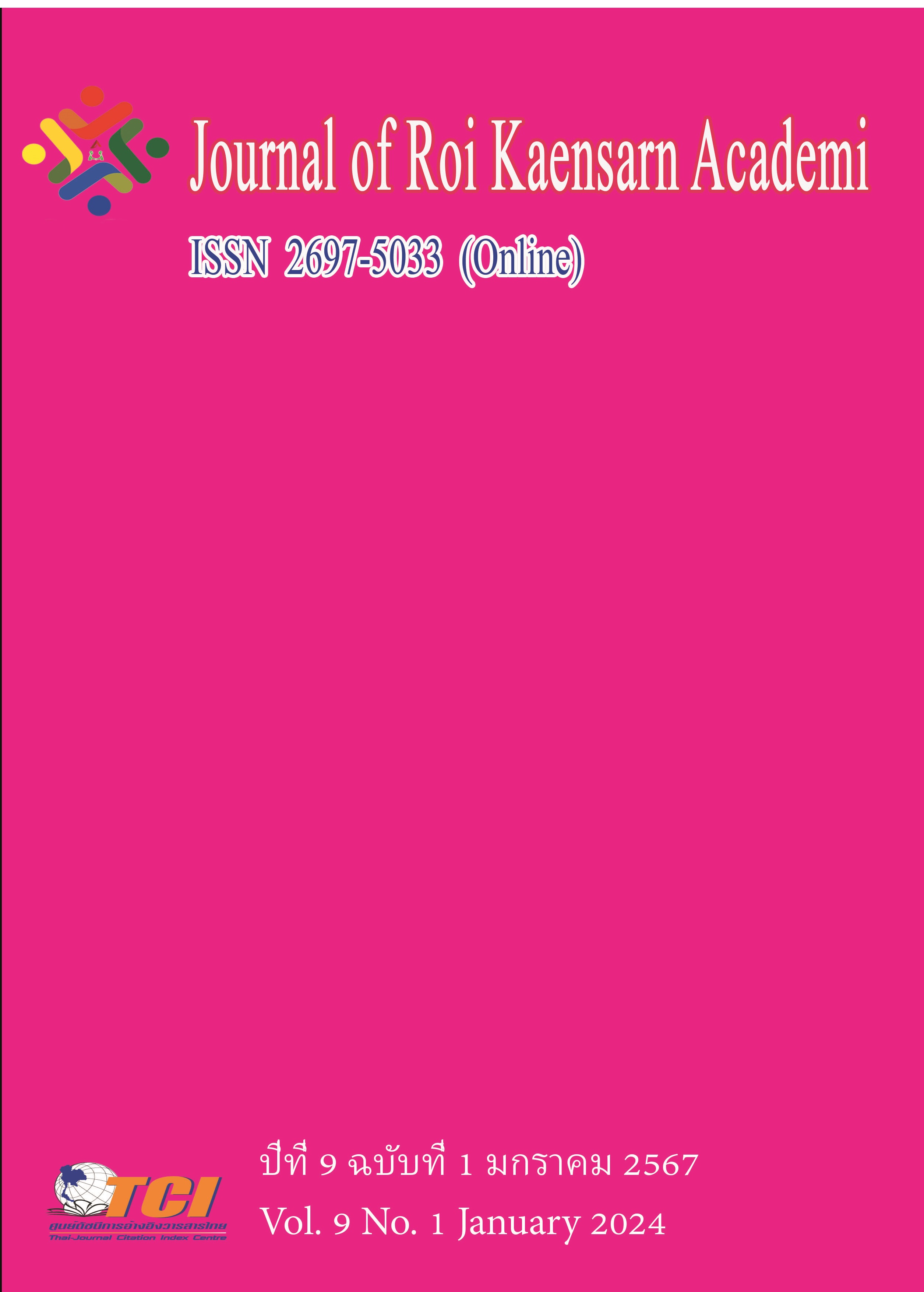The Literatures on Erhu Education and Han Folk Song in China
Main Article Content
บทคัดย่อ
At the very beginning of the birth of mankind, there were songs accompanied by the development and progress of human civilization. Then, the accompaniment instruments they created developed into a complete musical, and finally into the art of a musical. Erhu, as a member of the family of bow string instruments, can be traced back to the ancient Chinese, Tang Dynasty. After the development and evolution of song, Yuan, Ming and Qing dynasties, it gradually formed the shape of erhu today, and one of the most representative and full of ethnic charm. Han folk songs are songs created by the Han people to reflect the local production and life, and have their own national characteristics. This is a well-known definition of folk songs, among which reflecting the production and life of the local people is a very important factor. The same is true of Han folk songs, which belong to the Han people themselves are sung on this black land. With songs to express their love for life, yearning for beauty, enthusiasm for friends, love for family, to express everything they want to express. At the same time, it also records all the "things" and "feelings" on this land. The songs here is lingering sound, and singing the far-reaching influence of ancient and modern. This article presented the literatures on Erhu education and Han folk song in China.
Article Details
เอกสารอ้างอิง
Chung, L. (2004). Overview of erhu Teaching Forum of National Music Colleges. Journal of Tianjin Conservatory of Music, (4).
Dong, A. (2018). The artistic characteristics and inheritance of northeast Han folk songs.
Gu, H. (2020). Teaching research on the fusion of northeast Han Chinese folk song and Korean folk song.
Huang, Y. (1985). On the Color division of Northern Han folk songs.
Li, C. (2007). Erhu Art history. Hefei. Anhui People's Publishing House.
Overview of Chinese erhu Professional Music Education in the 20th century. (2004). People's Music.
The Chinese National Orchestration Society. (2010). Shanghai. Shanghai Music Press.
Yuan, J. (2006). Review and research of Chinese erhu teaching materials. Nanjing Normal University, (6), 3.
Yue, P. (2020). On the Characteristics and inheritance of Northeast Han Folk songs.
Zhao, H. (2013). Overview of the development history of modern erhu education. People's Music, (1).
Zheng, B. (2010). Erhu promotion and international education from the perspective of post-modern music education. Xi'an Conservatory of Music, (5), 15.

